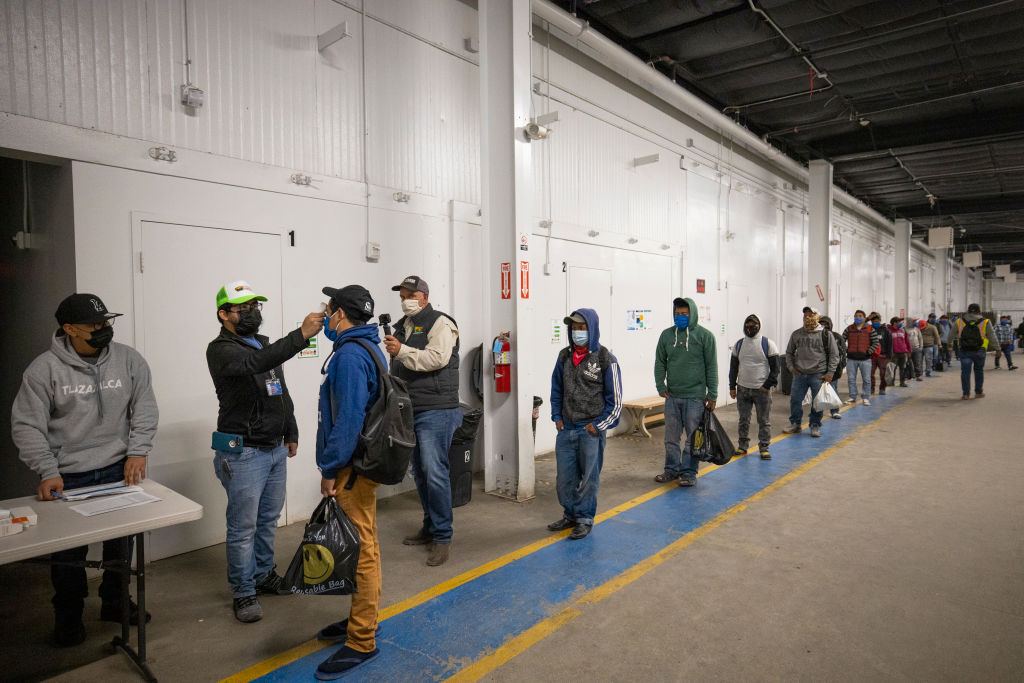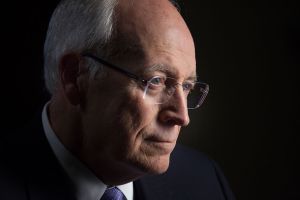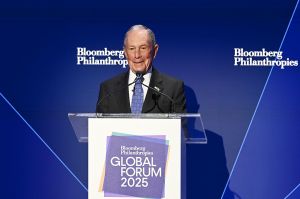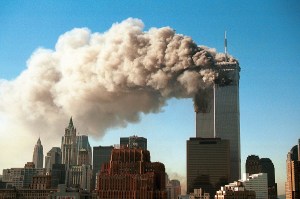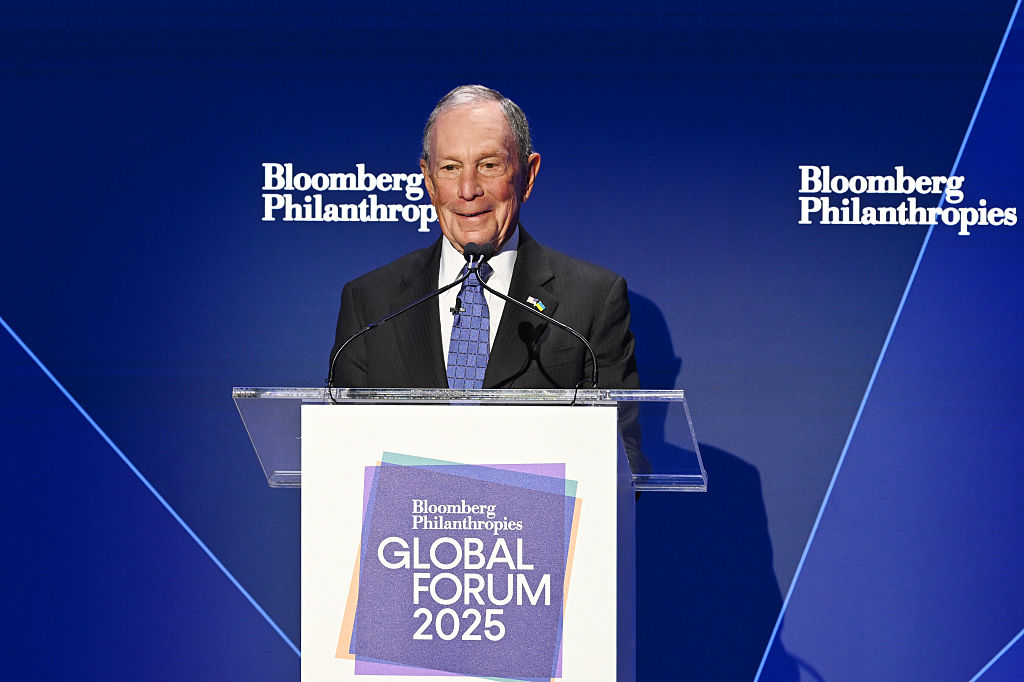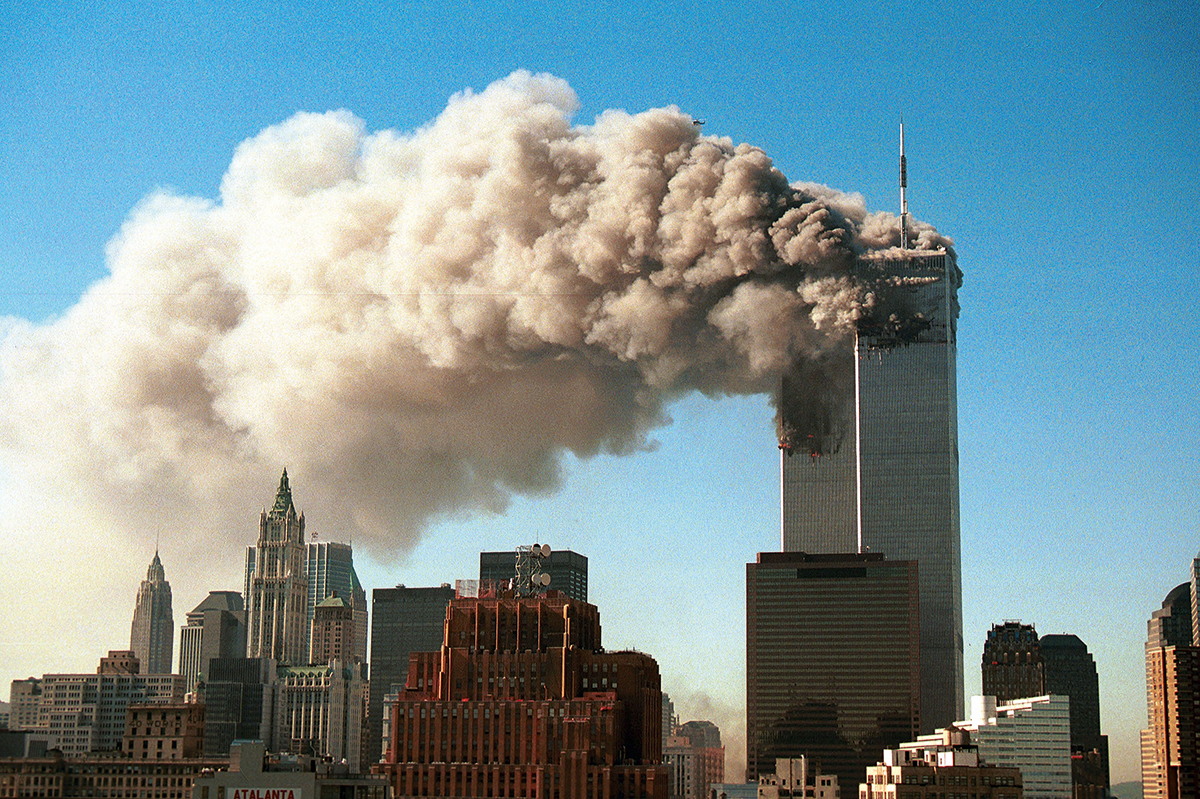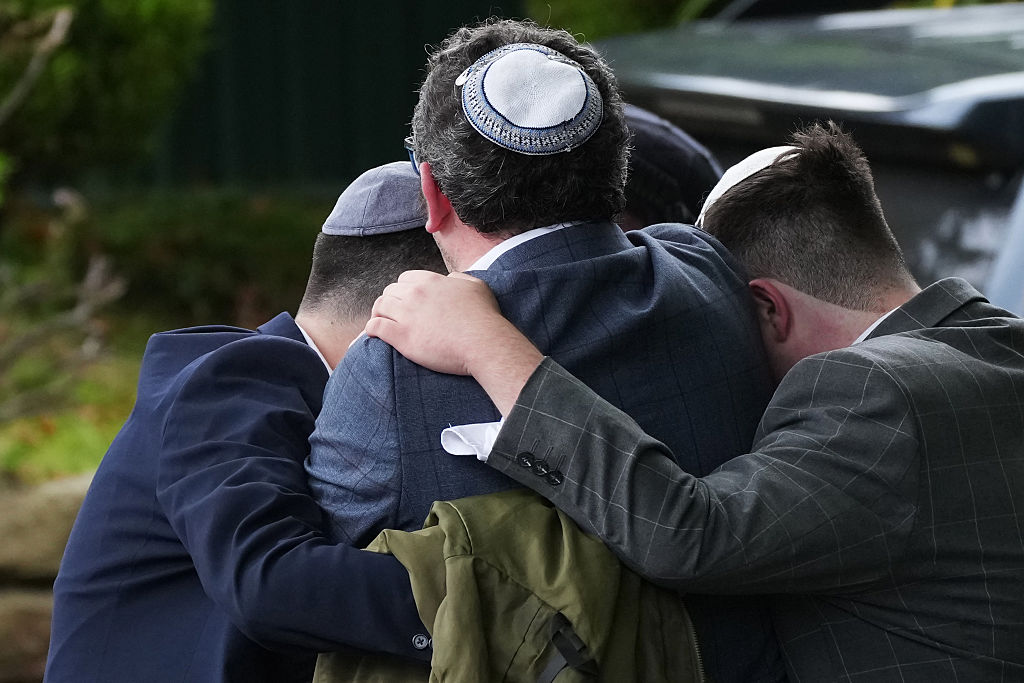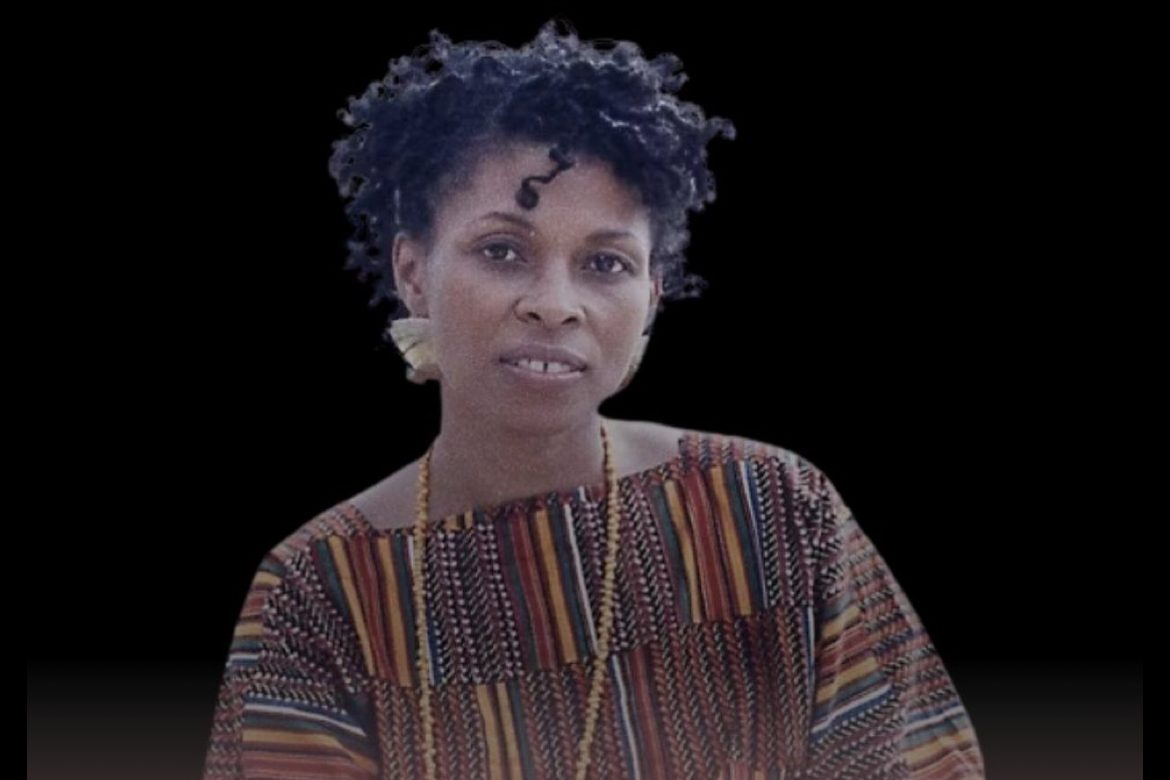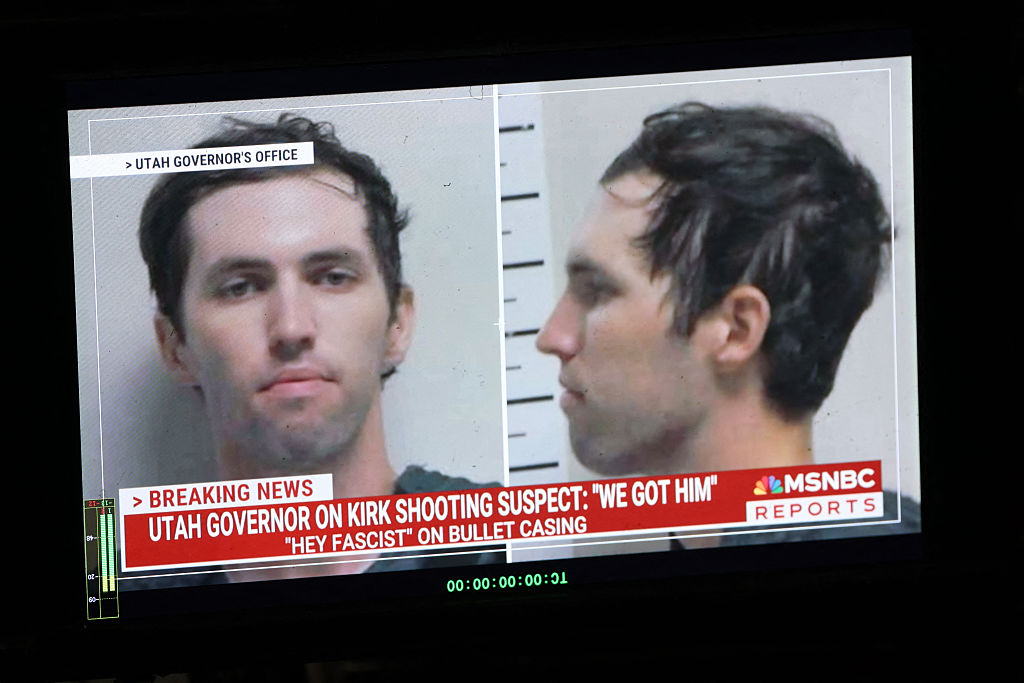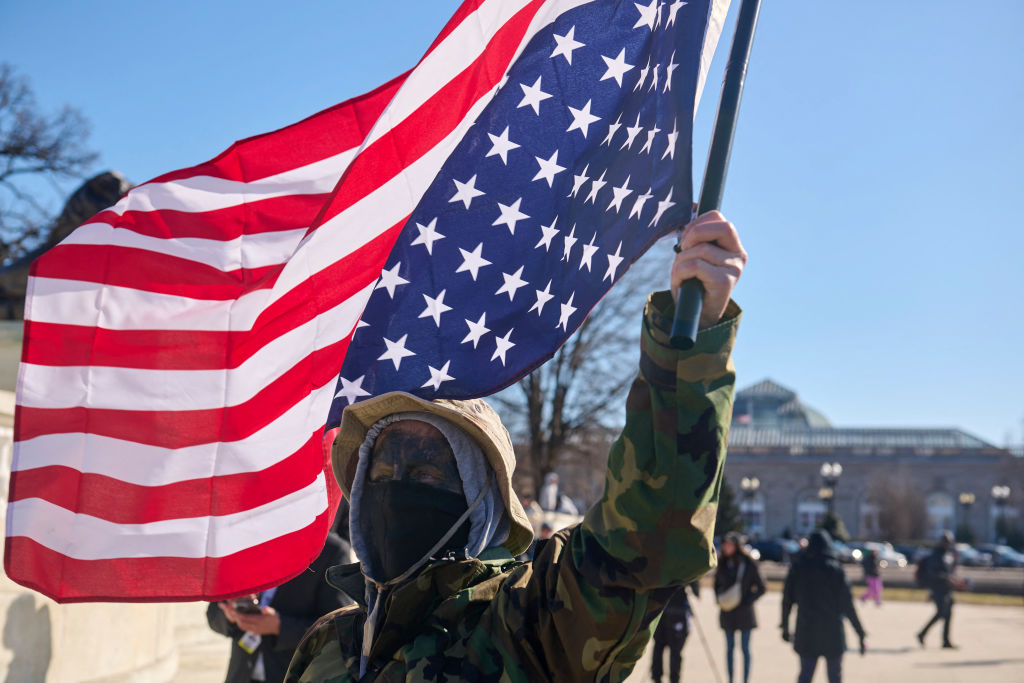A few days ago, the French novelist Michel Houellebecq rubbished the idea that the world would change after the pandemic. He wrote: ‘We will not wake up after the lockdown in a new world. It will be the same, just a bit worse.’ The virus, according to him, was ‘normal’, even ‘banal’. As always with Houellebecq, his brand of pessimistic candor made a change from the rolling stream of predictions issued by pundits and academics, who’ve glimpsed in this virus the dawn of everything from renewed hope for a Green New Deal, to the onset of neo-feudalism.
Still, it is worth thinking about what a ‘bit’ worse means. To do so, you can start with the last major international development that concretely made life that ‘bit’ worse: the War on Terror. The conflict was not won by force of arms in the caves of Tora Bora, or the alleys of Mosul’s Old Town. It was not won by Isis militants, or by crack Seal teams wielding tomahawks. Dick Cheney didn’t win the War on Terror, and neither did Osama bin Laden. The war wasn’t won by any person or group. The winner was a force, an atmosphere, a mood: boredom won the War on Terror.
Whether you call this victor boredom, or tedium, or monotony, is besides the point. You pay reparations to boredom whenever you enter an airport. Every time you empty your liquids into a smaller container, every time your great-grandmother is subject to an ‘enhanced pat-down’ by a TSA official, every time you take off your shoes at a security checkpoint — that is boredom, abrasively collecting its victory tithe. It’s also life, the same, but a bit worse.
The inanities of airport security are well documented. Consider this incredible line at Chicago Midway in 2016 that resembled some sort of breadline from the bleakest days of the Soviet Union. Consider the toddler screaming ‘quit touching me’ as she was patted down, presumably for the heaviest of heavy weaponry, by the TSA in 2010. Finally consider poor Mandi Hamlin who, in 2008, was forced to remove a nipple ring with pliers, before she could board an aircraft in Texas.
All of it was necessary, that’s the worst part. Crying toddlers, painful nipples and appalling lines are the price you have to pay for not being on another Flight 93. After 9/11 the need for security overwhelmed every other consideration. The sublimity and smoothness of air travel were sacrificed; friction and tedium took the stage and began doing their victory dance.
The moments following September 11 make for an instructive parallel with the Covidian crisis. Back then there was a sense of radical uncertainty in the air. How many terrorists were out there, and what were they plotting? Were there sleeper cells buried somewhere in the heartland? Who was sending all that anthrax? Propelled by a justified fear of future carnage, the answer to these questions were blunt, bureaucratic instruments like the TSA and the enormous Department for Homeland Security.
Radical uncertainty has returned. Almost every aspect of the virus, and the response to it, is defined by an absence of knowledge. Here are areas where we are flying blind, according to a team of leading economists in April: major uncertainties include ‘the infectiousness, prevalence, and lethality of the virus; the availability and deployment of antigen and antibody tests; the capacity of healthcare systems to meet an extraordinary challenge; how long it will take to develop…effective vaccines; the ultimate size of the mortality shock; the duration and effectiveness of social distancing, market lockdowns…the near-term economic impact of the pandemic and policy responses; the speed of recovery as the pandemic recedes; whether “temporary” government interventions and policies will persist…’
The responses to this massive epistemological crisis — lockdown and social distancing measures — are blunt instruments that resemble the response to 9/11 in their necessity, scale and lack of precision. Even with lockdown ending in some states, it is clear that life is not going back normal, as Gavin Newsom put it Tuesday. What happened to airports after 9/11 (a sheer increase in lived moments that feel like they’re buffering) is going to coat post-lockdown social life in a similar layer of friction. This is the coming tedium.
Indiscriminate remedies that interfere (irritatingly) with our existence are the order of the day. In Texas, two cinemas have reopened, according to Variety, with ‘airport security-style check-in’. Guests ‘will be ferried through a cordoned area in the front door, asked whether anyone in their household had flu symptoms in the last 14 days, and finally be subjected to an infrared temperature screening. The theater will turn away anyone with a temperature of more than 100.4 degrees.’ If clambering through a Kafkaesque maze of screening and questioning to take your seat for the latest Marvel spectacular doesn’t make you pine for a return to the cinema, what will? These measures won’t just apply to cinemas. They’ll be in place at stadiums, clubs, bars, gyms, restaurants, museums and workplaces.
Last month police departments in Florida and Connecticut unveiled another part of the post-lockdown toolkit: drones that can take a person’s temperature from 300 ft in the air. The announcements conjured a troubling future; one where every time you sneeze a hunk of buzzing police circuitry appears to photograph you. After a backlash from civil liberties groups the drones were put back in the box. These high-technology solutions are largely unnecessary anyway. There is an abundance of reporting out there about social distancing warriors enforcing guidelines themselves, cheerfully ratting on their neighbors for not wearing the right masks.
While we wait for a vaccine that may never arrive, a wave of test kits, gloves, designer face masks, digital contact tracing apps, plexiglass partitions, staggered public transportation timetables, socially distanced queuing, temperature-tracking devices, thermal imaging cameras, syndromic surveillance measures, sterilization protocols and pushy lockdown vigilantes is going to wash over the world.
A reasonable conclusion drawn from contemplating this future is that everybody is going to be pissed off and stressed out, all the time. ‘This is history right in front of us,’ the prophetic science writer Laurie Garrett told the New York Times this week. ‘Did we go “back to normal” after 9/11? No. We created a whole new normal. We securitized the United States. We turned into an anti-terror state. And it affected everything. We couldn’t go into a building without showing ID and walking through a metal detector, and couldn’t get on airplanes the same way ever again. That’s what’s going to happen with this.’
Once again the forces of boredom are loading the bases and preparing to hit a home run.



